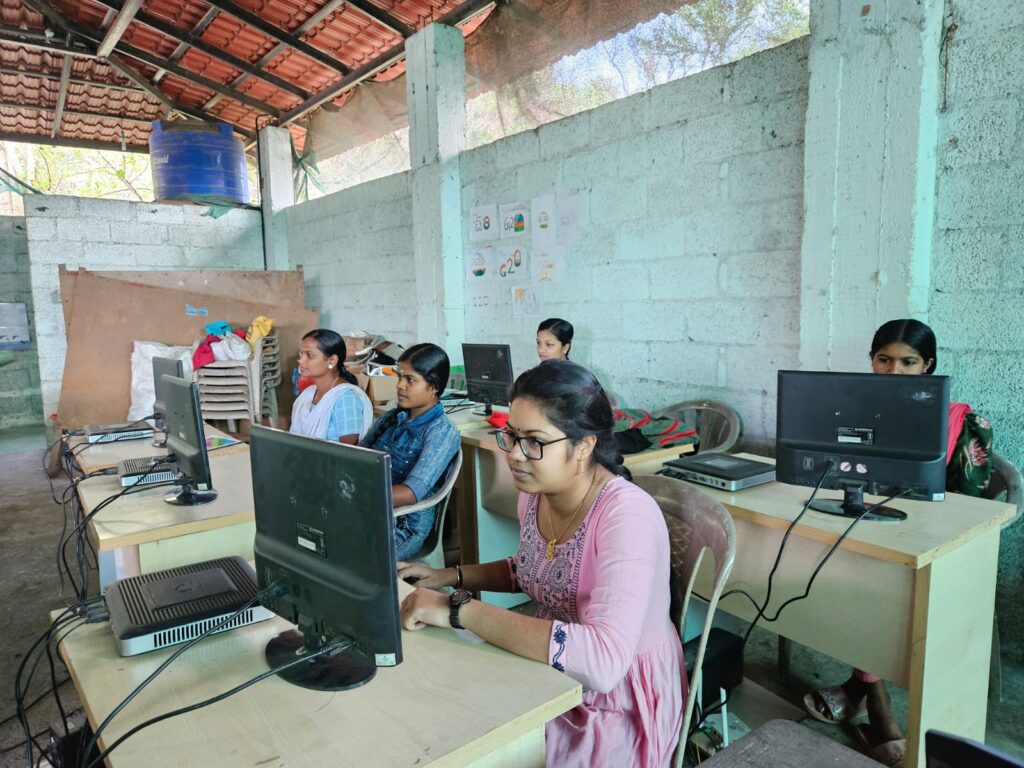1. Accessibility Beyond Boundaries:
One of the primary advantages of online learning is its ability to transcend geographical limitations. No longer confined by the constraints of location, students can access a wealth of educational resources and courses from virtually anywhere in the world. This newfound accessibility democratizes education, offering a level playing field for learners regardless of their physical location or socio-economic background.

